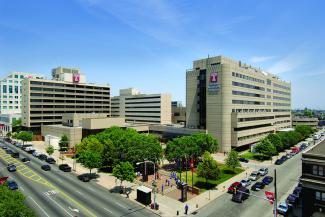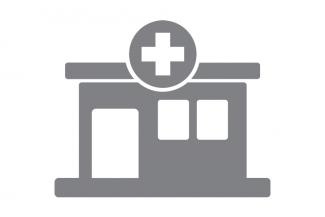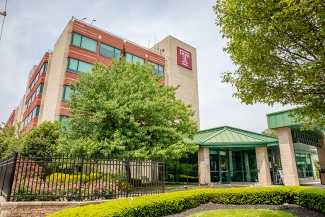No cancer is routine and neither is how it impacts your life. You may be considering starting a family or juggling care for growing teens and aging parents and worry how cancer and treatment will affect your life — now and in the future. We're focused on helping you live out your hopes and dreams at every stage of life. That's why our gynecologic cancer specialists use their expertise, the latest technology and advanced treatments to fight your cancer with everything we've got.
Our team develops a personalized treatment plan based on what's right for you and most effective in treating your cancer. The type of cancer you have, its size, stage, location, genetic make-up, along with your overall health, are all factors they consider. Treatment can include one or a combination of options, including surgery, radiation therapy, chemotherapy, and targeted drug therapies that block the growth and spread of cancer.
You have one of the region's top programs here in the Philadelphia area, offering state-of-the-art imaging, minimally invasive surgeries (including robotic surgery), innovative nonsurgical treatments and access to cutting-edge clinical trials.
Treatment options include:
Support From Diagnosis Through Recovery
Fighting gynecologic cancer is challenging. Worries and fears about the physical and emotional impact of cancer and treatment, such as the effects on your ability to work and care for your family and your finances, along with unknowns about the future are real. That's why we provide resources every step of the way to give you the support you need. Support services include:


